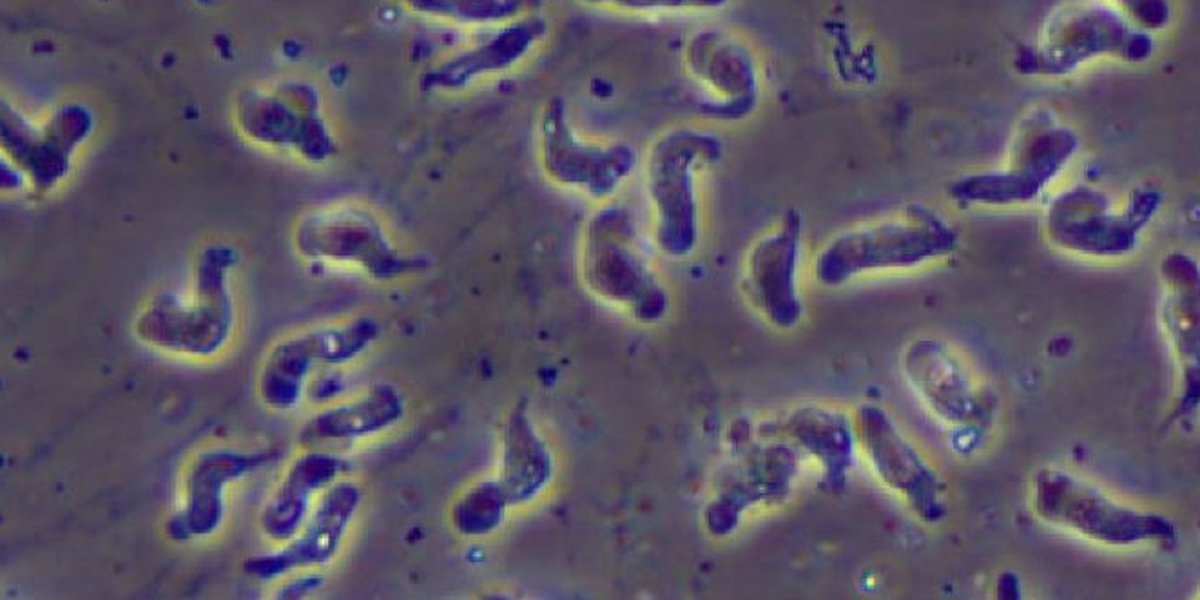Infection
AU patient dies from rare amoeba infection of the brain
AUGUSTA, Ga. (WRDW/WAGT) – A Georgia resident has died from a rare amoeba infection of the brain, the Georgia Department of Public Health reported Friday.
Augusta University Health confirms with News 12 that this was a local case.
The patient likely got the Naegleria fowleri infection – which destroys brain tissue, causing brain swelling and usually death – while swimming in a freshwater lake or pond in Georgia.
The health department did not say who the person was, how old they were or what body of water they were swimming in. We asked them for more information on Monday and they said, “The information we can provide is in the news release.”
We’ve reached out to local coroners to find out more information.
What is Naegleria fowleri?
The amoeba lives in soil and warm, freshwater lakes, rivers, ponds, and hot springs.
The amoeba is naturally occurring, and there is no routine environmental test for Naegleria fowleri in bodies of water; because it is very common in the environment, levels of the amoeba that naturally occur cannot be controlled.
It’s commonly called the “brain-eating amoeba” because it can cause a brain infection, primary amoebic meningoencephalitis when water containing the amoeba goes up the nose. It cannot infect people if swallowed and is not spread from person to person.
How does Naegleria fowleri infect people?
Only about three people in the United States get infected each year, but these infections are usually fatal, according to the department.
The location and number of amoebas in the water can vary over time within the same body of water.
What are the symptoms of Naegleria fowleri?
Symptoms typically start with severe headache, fever, nausea and vomiting and progress to stiff neck, seizures, and coma that can lead to death.
Officials say symptoms usually begin about five days after infection but can start within 1 to 12 days.
The disease progresses rapidly and usually causes death within about five days, according to the department.
How to keep yourself safe?
Though the risk of infection is low, officials say recreational water users should always assume there is a risk when they enter warm fresh water.
If you choose to swim, you can reduce your risk of infection by limiting the amount of water that goes up the nose.
The CDC recommends the following:
- Avoid jumping or diving into bodies of warm freshwater, especially during the summer.
- Hold your nose shut, use nose clips, or keep your head above water when in bodies of warm fresh water.
- Avoid putting your head underwater in hot springs and other untreated geothermal waters.
- Avoid digging in, or stirring up, the sediment in shallow, warm fresh water. The amoebae are more likely to live in sediment at the bottom of lakes, ponds, and rivers.
Prior to this confirmed case, there have been five other cases reported in Georgia since 1962.
For information about safe swimming, click HERE.
Copyright 2023 WRDW/WAGT. All rights reserved.

